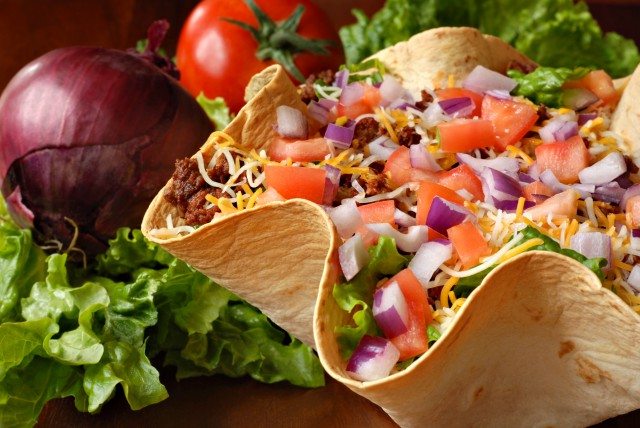With global consumers becoming more aware of the importance of staying healthy, they start becoming more demanding, finds a Mintel research.
Nearly 30% of Brazilians who consume healthy products, would like to see a wider range of healthy products available in supermarkets.
Highlighting the growing trend toward staying healthy in Brazil, Mintel research also reveals 60% of Brazilians try to stay in shape by exercising or playing sports.
Furthermore, 41% of Brazilians claim that, “at least half of every meal I eat consists of vegetables.”
About 30% of Brazilians who consume healthy products would like to see a wider range of healthy products available in supermarkets.
“The dieting culture in Brazil is changing and consumers are increasingly making healthy food and drink choices, leading them to a healthier lifestyle in the long term,” says food and drink analyst Naira Sato.
“However, compared to other countries such as the US, the Brazilian market has a lot of opportunities yet to be explored, representing a market opportunity for many companies as consumers seek more healthy choices.”
Consumers in Brazil are also interested in knowing what type of ingredients are in the products they buy, as well as the companies behind them.
In fact, 60% of Brazilian consumers with children younger than three years old claim, “I prefer to make baby food at home because in that way I can control what they eat.”
In addition, the research shows that 20% of Brazilian consumers who eat healthy, think that it is difficult to believe in all the benefits promised by healthy products.
“Today’s consumers are demanding more transparent messaging from companies and want to know what is in the products they are eating,” says Sato.
“Companies should communicate their messages clearly, giving details on ingredients and avoid vague explanations.”
“Straight forward messages such as ‘clean label’, ‘100% natural’ and ‘no preservatives’ tend to stand out,” she says.
“Brands that are transparent about the ingredients used, their origin, manufacturing process and whether or not they have preservatives can be successful.”
Brazilians desire convenience
Consumers in Brazil are also struggling with time while they look for quality and healthy attributes in food.
For example, 20% of Brazilians who consume healthy food agree with the statement, “I would like to have more easy-to-prepare healthy options (such as ready-made frozen meals, pre-cooked meals, etc).”
In addition, 41% of consumers agree with the statement, “I prefer to eat freshly prepared food.”
This figure rises to 54% for Brazilians over 55 years of age.
“Companies which tap into making practical cooking products combining healthiness and high quality will be at an advantage in the current Brazilian food and drink market as consumer attitudes evolve,” Sato concludes.










